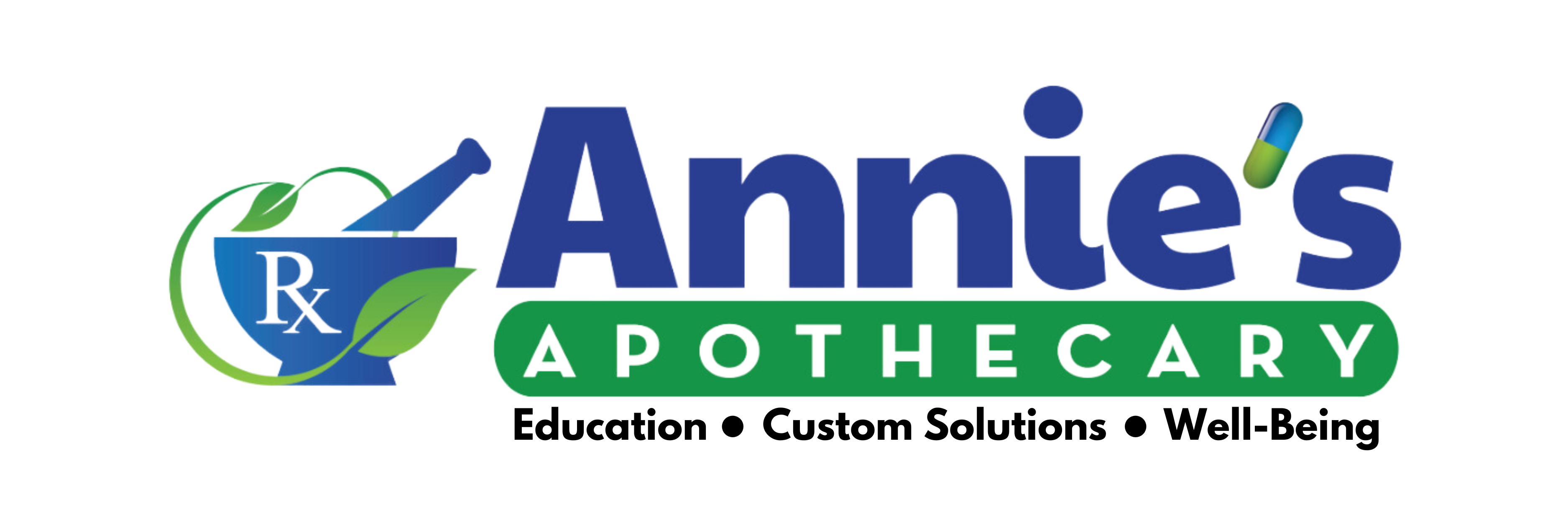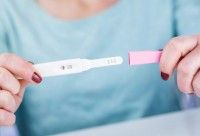Anyone can be challenged to have a family. No matter what race, religion, sexuality or economic status you are, infertility doesn’t discriminate.
Together, we can change how others view infertility. It begins with being part of a national movement, National Infertility Awareness Week®. This week unites millions of Americans who want to remove the stigmas and barriers that stand in the way of building families
#InfertilityUncovered
#InfertilityUncovered — RESOLVE wants to use this theme to raise awareness about the significant lack of access to family building options and emotional support for millions of women and men struggling to build a family. National Infertility Awareness Week®, founded in 1989 by RESOLVE: The National Infertility Association, is the largest public awareness campaign that addresses the public health issue of infertility. This year’s observance is April 21-27, 2019. As the public discourse around infertility is at an all-time high, we’d like to highlight the issues important to the millions of Americans struggling to build a family. Infertility does not discriminate based on sex, race, religion, age or even socio-economic status. Let’s uncover the issues of access facing the most vulnerable members of our community — those without access to insurance coverage for infertility care or the economic means to pay out-of-pocket for treatments, third-party options or adoption. And let’s get real about the support needed to resolve infertility.


